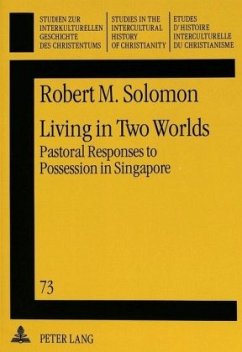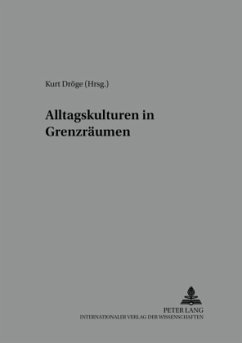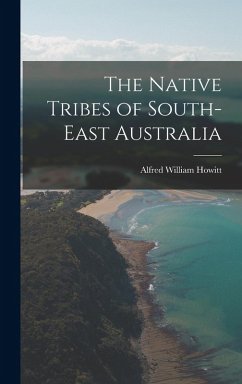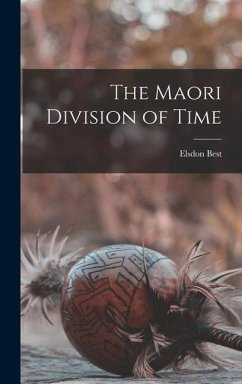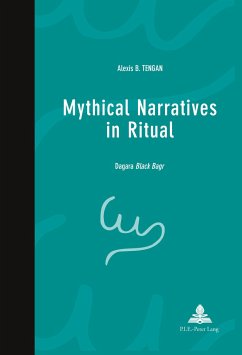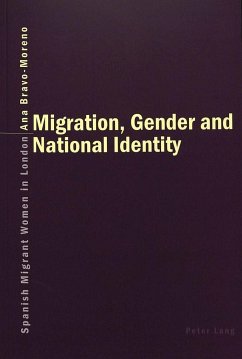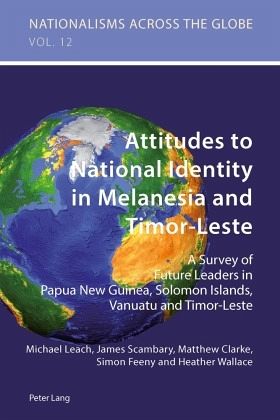
Attitudes to National Identity in Melanesia and Timor-Leste
A Survey of Future Leaders in Papua New Guinea, Solomon Islands, Vanuatu and Timor-Leste
Versandkostenfrei!
Versandfertig in 6-10 Tagen
73,25 €
inkl. MwSt.

PAYBACK Punkte
0 °P sammeln!
This book examines the attitudes of tertiary students in Melanesia and Timor-Leste to national identity and key issues of nation-building. Their views are pivotal to understanding the challenges of building a more cohesive sense of national identity and political community in these states. Melanesian countries show a relatively high degree of similarity in their responses to the surveys on national identity carried out by the authors, but with key differences attributable to particular historical, regional or linguistic legacies of colonial rule. The ongoing importance of traditional authority...
This book examines the attitudes of tertiary students in Melanesia and Timor-Leste to national identity and key issues of nation-building. Their views are pivotal to understanding the challenges of building a more cohesive sense of national identity and political community in these states. Melanesian countries show a relatively high degree of similarity in their responses to the surveys on national identity carried out by the authors, but with key differences attributable to particular historical, regional or linguistic legacies of colonial rule. The ongoing importance of traditional authority and kastom/adat in conceptions of political community and identity is evident in all four case study sites, and in each case matches indicators of respect for modern state authority. Although different for each site, the authors' findings also illustrate the importance of students' geographical region of origin, language orientation and gender in explaining key differences in attitudes towards national identity. The book demonstrates that strong levels of national identification and pride persist among the future leaders of the countries surveyed, even in the face of ongoing regional and linguistic divisions and weak state capacity, suggesting a strong potential basis for nation-building agendas if wider challenges of democratic performance, service provision and regional development can be addressed over time.






